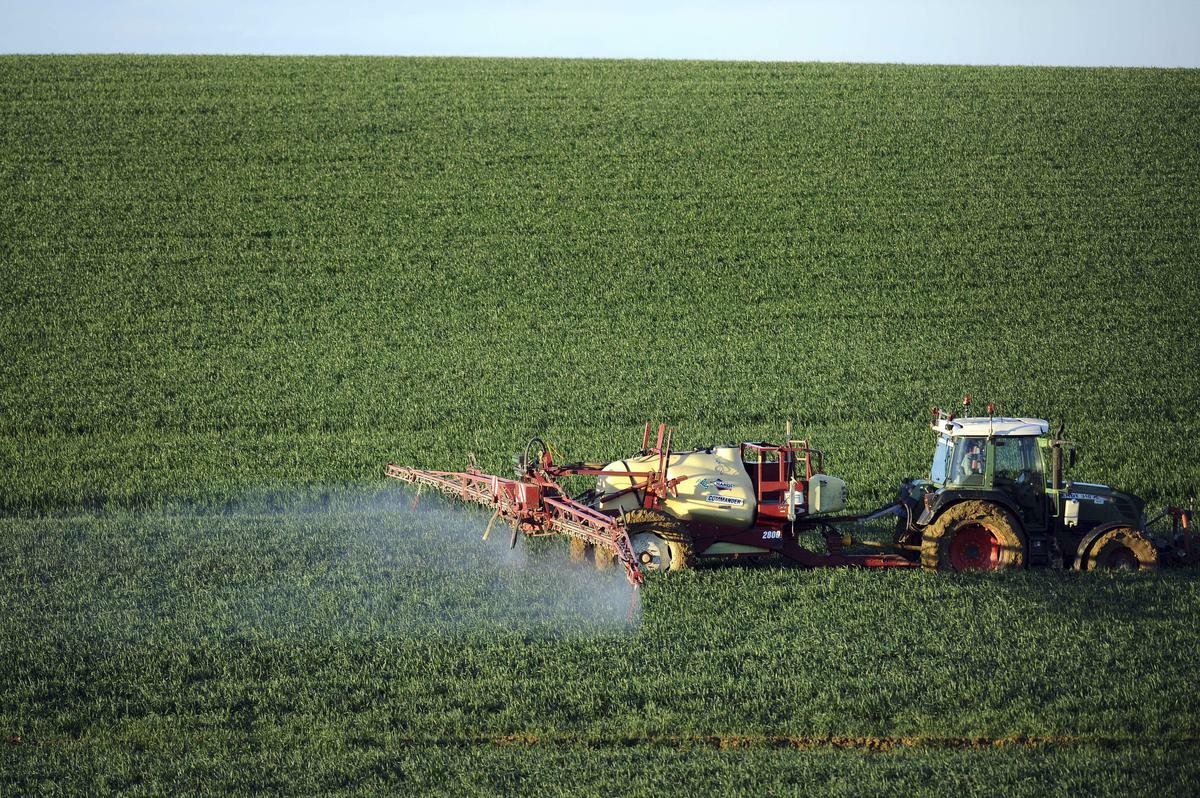What should they be replaced with? Our urine, respond researchers, including Fabien Esculier, who has never forgotten his grandmother’s advice and is considering an overhaul of more sustainable food systems. “Plants need nutrients, nitrogen, phosphorus and potassium to grow,” explains the engineer and coordinator of the OCAPI research program in France. When we eat, we absorb these nutrients before we “excrete them, primarily through the urine,” he continues. For a long time, urban excrement was used in agricultural fields before being replaced by chemical fertilizers.
Many experiences
But when these nutrients enter rivers in too large quantities, they fuel the explosion of green algae, for example, and are “one of the major sources of nutrient pollution,” says Julia Cavicchi of the Rich Earth Institute in the United States. Separating and collecting urine at source requires rethinking toilets, the collection network and overcoming certain prejudices. The separation of urine from toilets was tested in Swedish ecovillages in the early 1990s, then in Switzerland or Germany.
Experiments are being conducted in the USA, South Africa, Ethiopia, India and Mexico. In France, projects are emerging in Dol-de-Bretagne, Paris and Montpellier. “The introduction of ecological innovations takes time, especially a radical innovation like urine separation,” says Tove Larsen, a researcher at the Swiss Federal Institute of Aquatic Sciences and Technology (Eawag). The first generations of urine separation toilets, considered impractical and unsightly, may have been a drag, she explains. The researcher hopes that a new model that the Swiss company Laufen has developed with Eawag will solve these difficulties.
Fabien Gandossi owns the 211 restaurant in Paris, which is equipped with dry toilets that collect urine. “We have rather positive feedback, people who are a little surprised, but […] They see little difference from a traditional system.” “There are obstacles to overcome,” comments Marine Legrand, anthropologist and member of the Ocapi network. But “we are beginning to understand how precious water is” and “it is becoming impermissible to defecate in it”.
On the same subject

Food: why is organic good for your health?
In 2020, a total of 6.5% of the average French shopping basket consisted of organic products, and 13% of French said they consumed at least one organic product every day. And according to Agence Bio, since the health crisis, more and more French people confirm that they take more time to cook (55% in 2020 vs. 47% in 2019), with an increase particularly among the under-35s. Limiting waste, consuming fresh and local produce has also increased in the general population, slightly more important among supporters of organic versus non-organic.
“This topic touches the intimate”
Are people still willing to eat foods fertilized with urine? A study shows clear differences between the countries. The acceptance rate is very high in China, France or Uganda, but low in Portugal or Jordan. “This theme touches on the intimate”, analyzes Ghislain Mercier of Paris and Métropole Aménagement, which is developing an eco-district with 600 housing units, shops… in Paris. The urine will be collected there and will fertilize the Paris green spaces.
According to him, there is considerable potential in offices, houses without a sewer connection or slums without sanitary facilities. However, it is necessary to persuade the residents to stop, to reconsider the piping, to confront inappropriate laws… After the harvest, the urine has to be transported to the fields, which is expensive. Various techniques make it possible to reduce its volume and concentrate or even dehydrate the urea. The Rich Earth Institute is developing technical solutions to make applying this fertilizer easy and inexpensive for farmers.

